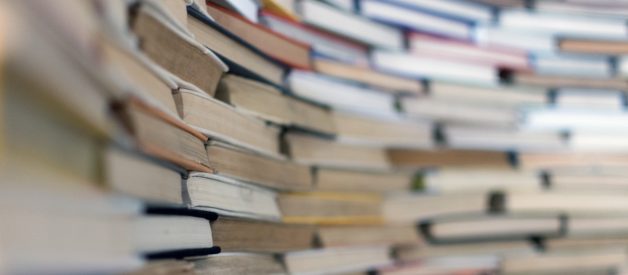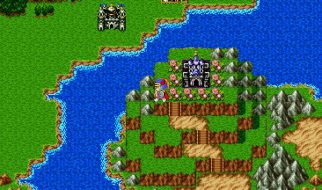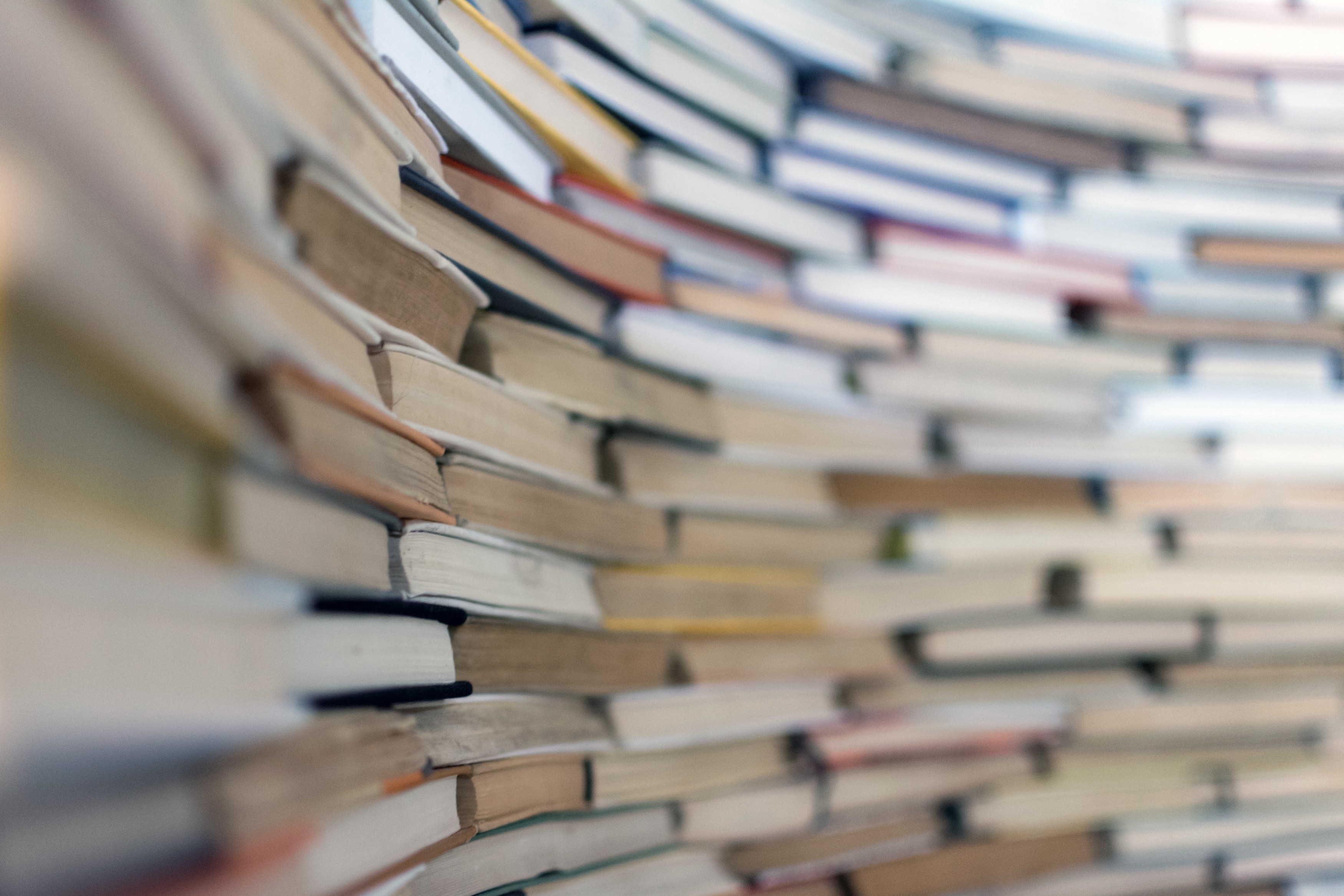
These ten non-fiction books will tell you about the world, about humanity, and even about yourself. Informative as well as entertaining, some are well-known and look at universal themes, while others are relatively unsung and are more narrowly focused.
Non-fiction?s power comes from its truth-telling. As we read them, these books come to define us as they allow us to better see the world and our place in it.
Their stories are every bit as captivating as fiction.

1. Rubicon by Tom Holland
The fall of the Roman Republic and the rise of the Roman Empire changed the world forever.
If you want to read about the collapse of the Roman Republic you have a range of options. I like Rubicon?s narrative style, Holland manages to write in a way that allows the drama and excitement of the events to guide you along. It reads like a book of fiction and it?s easy to see why ? it?s one of the greatest stories ever told with a cast of fascinating people: Caesar, Cicero, Mark Antony, Augustus, etc. etc. And it?s all true ? even if some of the gaps had to be filled in.
We can learn much from the Republic?s fall. I leave you to find out what that is.
Why should you read this: A centuries-old republic, and the world?s most powerful country, collapses and is reborn as an autocratic empire. This could be handy reading if you are trying to understand the United States at the moment, that?s all I?m saying.
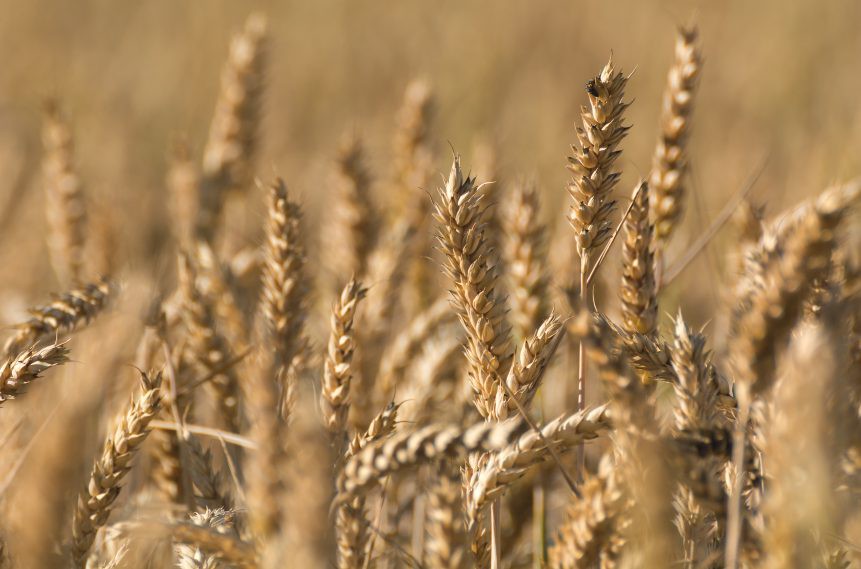
2. Guns, Germs, and Steel by Jared Diamond
Jared Diamond attempts to answer the question of why it was that people from Europe colonized the Americas rather than people from the Americas colonized Europe. In doing so he explains how human beings created civilization, in all its great and gory details. It tells us how humans went from wandering hunter-gatherers 13,000 years ago to become the dominant species of the planet.
Part of this book?s appeal is how it shows factors that would not have occurred to you as being pivotal to the beginnings, and then growth, of a civilization. It was these factors alone that meant people from certain areas of the planet dominated others.
Why should you read this: Take a look around you. How was all this created? You won?t know until you read this book.

3. The Road Less Travelled by M. Scott Peck
To call it this a self-help book doesn?t really do it justice.
Two key themes in this book are love and discipline. Peck describes what love is in the context of us growing up, and it is far more than just a feeling. The importance of discipline is described and you are left with little doubt as to its centrality to a well-lived life.
With compassion and intelligence, Peck explains to us why we are the way we are. If you are a parent or want to understand more about your own parents, this book will get you a long way there.
It is a product of its time to the new-age theories of the sixties and seventies so as the book goes on, it loses its focus and profound insight. It is unashamedly spiritual, indeed it?s central to many of its key themes, but I think it describes how to live a full, content life better than anything else does. If you believe in God or not, I recommend this.
An amazing first line. It stops many like a freight train and you will mull over the words again and again. Possibly for the rest of your life.
Why should you read this: Find out why you are the way you are.
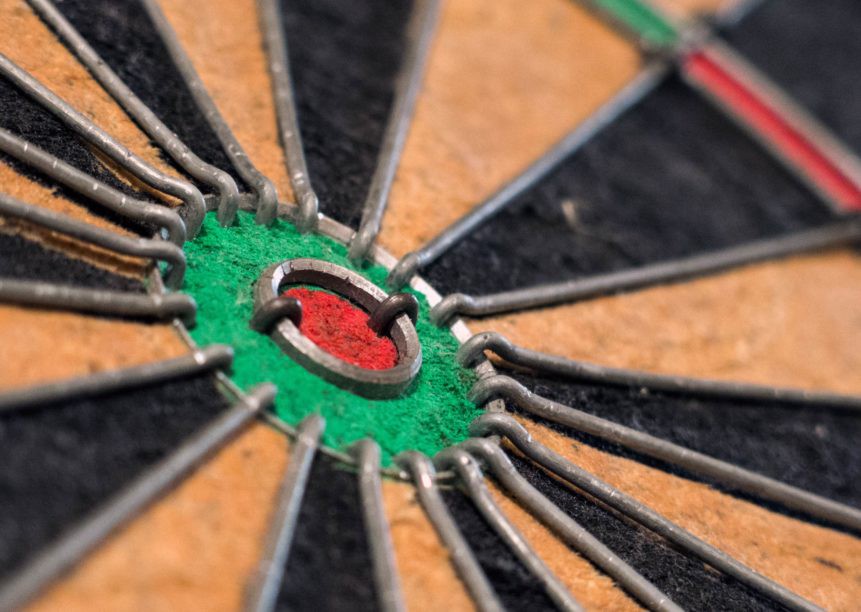
4. 7 Habits of Highly Effective People by Stephen Covey
It doesn?t matter how talented you are or how dedicated you are if you can?t make the most of your time. Productivity isn?t just business speak ? it?s essential to getting the most out of your time, relationships and your unique gifts.
Covey teaches us about the importance of principles and character.
While this book may have spawned a lot of bad management speak, that?s not its fault and it has a lot of transformative ideas and concepts, unlike the legion of books that have tried to imitate it.
Why should you read this: It will help you make the most out of yourself and your life.
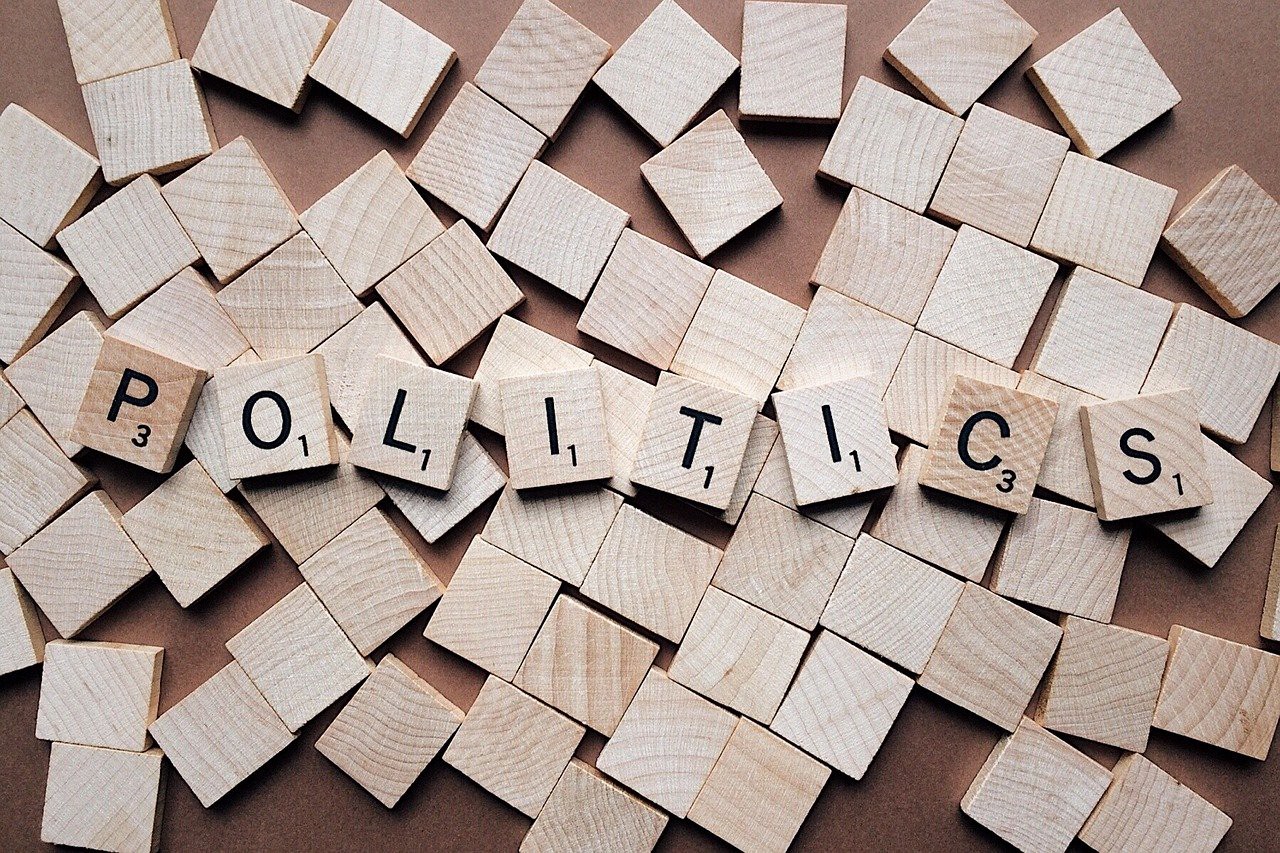
5. In Defence of Politics by Bernand Crick
A lot of people think they know what politics is. Most of them are wrong.
This is a relatively obscure book from Britain in the 1960s but reach beyond that and it has a lot to say.
Politics is messy and scrappy, full of compromise and negotiation but vital to any democracy ? the only system of government that can sustain freedom and public order. Democracy is under threat from many, including from those who would consider themselves its defenders.
In Defence of Politics is essential for anyone who wants to understand politics and its vital role in democratic systems of government.
Why should you read this: Democracy is worth defending, democracy needs politics and people who understand what those concepts entail.
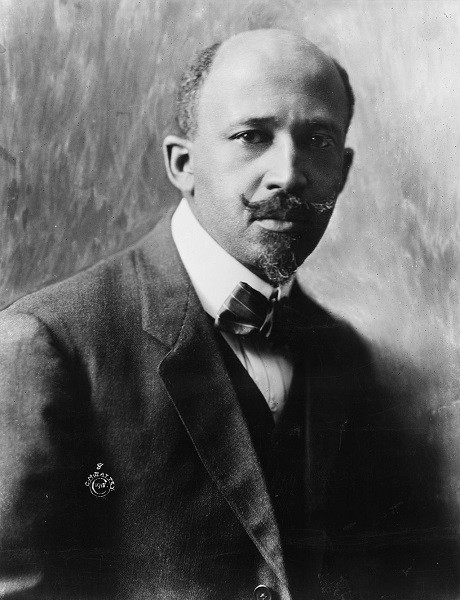
6. The Souls of Black Folks by W. E. B. Du Bois
A remarkable book, this collection of essays by Du Bois is a critical work in African-American literature. It makes an intellectual case against racism and oppression, the ?color-line?, as well as being a testament to the everyday experience of African-Americans. It has made a significant contribution to both sociology as well as to a historical understanding of the post-civil war United States.
The Souls of Black Folks would serve as inspiration for a struggle that defined the 1950s and 1960s, and indeed, that still goes on today. The pan-Africanism sets the stage for the independence struggles from colonial rule in Africa and elsewhere.
Each chapter starts with a poetic text and spiritual score that creates a powerful ambiance as a backdrop.
Why should you read this: It is a story of searing injustice that will always need to be told.

7. The Feminist Mystique by Betty Friedan
Some books give voice to an unspoken truth. The Feminist Mystique told the story of a generation of women who could never be silenced again.
The post-World War II United States of the cold war became a conservative society that expected women to find meaning as wives, mothers, and housekeepers. An epidemic of discontent and unhappiness was the consequence.
There?s a wide number of perspectives in the book that delivers a comprehensive picture of the problem. Sex, psychology, medication, and advertising are among the many topics addressed. The description of previous feminist gains in the US is illuminating. Social progress and women?s rights are not something that arrived in the 1950s and 1960s. It arrived for a significant number of women in previous decades, only to recede again. Think of a 1930s film with a male and female journalistic duo. Women had opportunities in a range of occupations only for that opportunity to go. It is easy to think all social progress is here to stay.
The dispassionate laying out of truths amplifies its power. It?s not angry in tone even though it would be justified to be so. There?s also a gracious empathy given to all those it talks about.
Why should you read this: It?s a book that changed (and still is changing) the world.
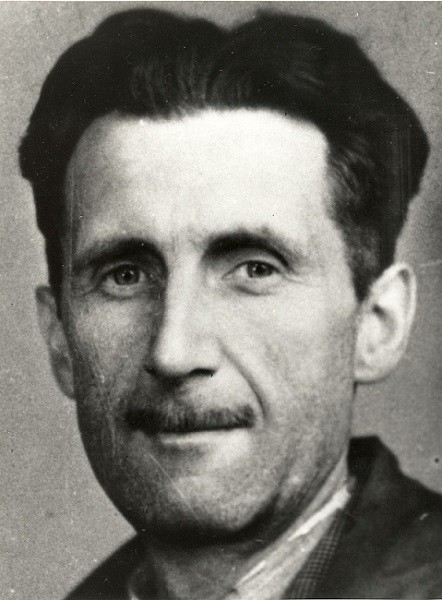
8. George Orwell Essays by George Orwell
George Orwell was many things but what a writer. Famed for his fiction, Orwell was also an essayist.
I came across the penguin collection of essays many years ago. This version doesn?t contain all of his essays and there are other formats and collections available (some available online). It is nice to have them in a book format, to revisit from time to time.
The essays ?Politics and the English Language?, and ?Why I Write? are first-class pieces of literature that are essential reading to anyone who wants to understand the world.
Orwell descends from these grand topics and delves into the nooks of culture. He writes about Charles Dickens, boys? weekly comics, PG Wodehouse, book reviewers. The Decline of the English Murder is more than worth a read. Orwell seems to be able to write about anything as he entertains and informs, with novel insight and a unique perspective.
Why should you read this: It?s a complete delight and inspiration as well as an example of what writing should be.
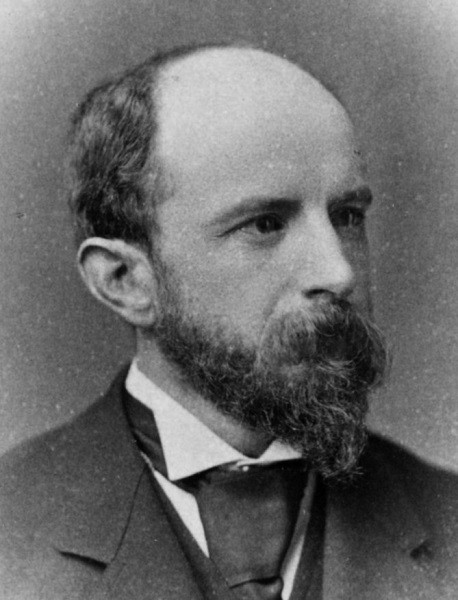
9. The Education of Henry Adams by Henry Adams
Henry Adams gives his thoughts about the implications as one world changed into another. His life spanned from 1838 to 1918 as vast social and technological changes took place.
The grandson and great-grandson of two US presidents, Adams was as close to aristocracy as you can find in America. His position allowed him to weave in and out of the great events and people of the day.
The title refers to the education he received, perhaps the finest on offer, and how it did little to prepare him for the upheaval that took place in his life. He would educate himself in other ways.
Why should you read this: You?ll be a richer person for it. That?s the gift of some books.

10. Tell Me No Lies by John Pilger
With the caricature of journalism that dominates today, it?s easy to forget how powerful journalism can be.
Tell Me No Lies is a collection of fearless and insightful investigative journalism.
It features reporting of events such as the My Lai massacre, the aftermath of the Hiroshima nuclear weapon and the liberation of Dachau. It also features pieces that examine topics including the physical and mental damages workers in the meat industry suffer and the business of death.
The substance and truth are a scorching contrast to the dross propaganda of everyday mass media journalism.
Why should you read this: It is journalism at its very, very best.
There you have it. What works of non-fiction would you recommend that I read, and if you do read any of these, let me know what you think of them.
All images are in the public domain or do not require attribution.
